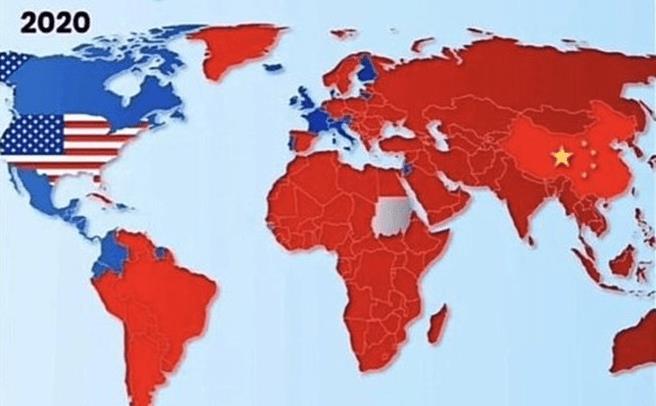(MENAFN- Asia Times)
Economic and financial sanctions often backfire. The most notable example is the weaponization of the dollar against Russia. The measure has sparked a global movement to de-dollarize, the opposite of the punitive move's strategic intent.
The historic miscalculation didn't stop US Senator Marco Rubio of Florida from introducing a bill in congress to punish countries that de-dollarize. The bill seeks to ban financial institutions facilitating de-dollarization from the global dollar system.
Rubio's bill, ominously called the Sanctions Evasion Prevention and Mitigation Act, would require US presidents to sanction financial institutions using China's CIPS payment system, Russia's financial messaging service SPFS and other alternatives to the dollar-centric SWIFT system.
Rubio is not alone in targeting countries bidding to de-dollarize. Economic advisors to presidential candidate Donald Trump are discussing ways to punish nations that are actively shifting away from the dollar.
The Trump team has proposed“to sanction both allies and adversaries who seek active ways to engage in bilateral trade in currencies other than the dollar.” Violators would be subjected to export restrictions, tariffs and“currency manipulation charges.”
Awakening BRICS
US policymakers and pundits in the financial media were initially dismissive of de-dollarization. They argued the dollar is used in some 80% of all global financial transactions. No other currency even comes close.
But financial sanctions against Russia, imposed after Russia's military intervention in Ukraine's Donbas region in 2022, became a turning point. The trend to de-dollarize expanded rapidly and has now arguably become irreversible.
In May this year, the Association of Southeast Asian Nations (ASEAN) announced plans to de-dollarize their cross-border trade and use local currencies instead. The announcement made few global headlines but ASEAN is a huge trading bloc comprised of ten countries with a combined population of 600 million people.
Other agreements to bypass the dollar system include barter deals. Iran and Thailand are trading food for oil while Pakistan has authorized barter trade with Iran, Afghanistan and Russia. China is building a state-of-the-art airport in Iran, to be paid for in oil.
Cryptocurrencies are also being used to bypass the dollar system and avoid scrutiny from the long arm of American law. Cryptos like Bitcoin enable individuals to send and receive funds from anywhere in the world anonymously, outside the legacy banking system.
De-dollarization is high on the agenda of BRICS, which is rapidly becoming the world's largest economic bloc.
Until 2022, BRICS had few clearly defined goals apart from a shared desire to develop a counterweight to the G7. But the weaponization of the dollar system and the freezing of US$300 billion in Russian reserves held in Western banks gave the group sharp new focus and purpose.
BRICS started as an unlikely coalition. The five founding members are located on three different continents and have distinct cultures, political structures and economic systems. But they share a desire to create a multipolar world.

China is the main trading partner for most countries in the world. It is inevitable that their mutually trade will gradually bypass the dollar.
MENAFN09082024000159011032ID1108536518
Legal Disclaimer:
MENAFN provides the information “as is” without warranty of any kind. We do not accept any responsibility or liability for the accuracy, content, images, videos, licenses, completeness, legality, or reliability of the information contained in this article. If you have any complaints or copyright issues related to this article, kindly contact the provider above.